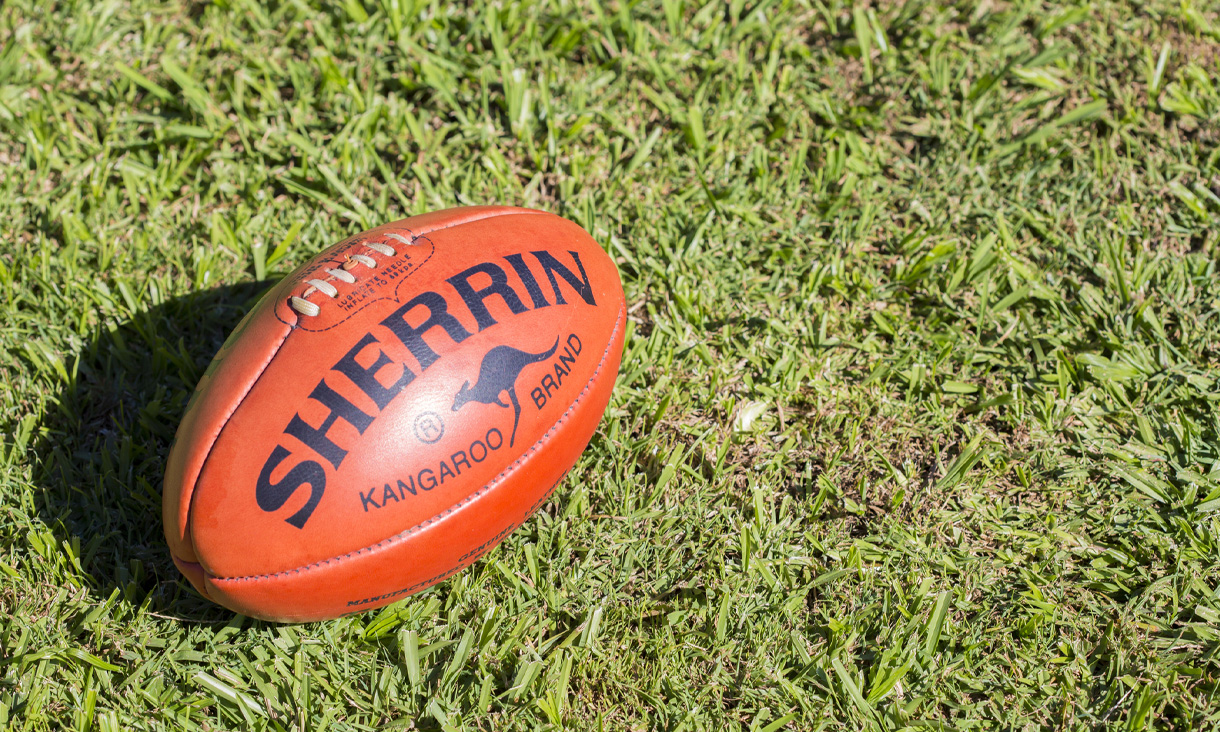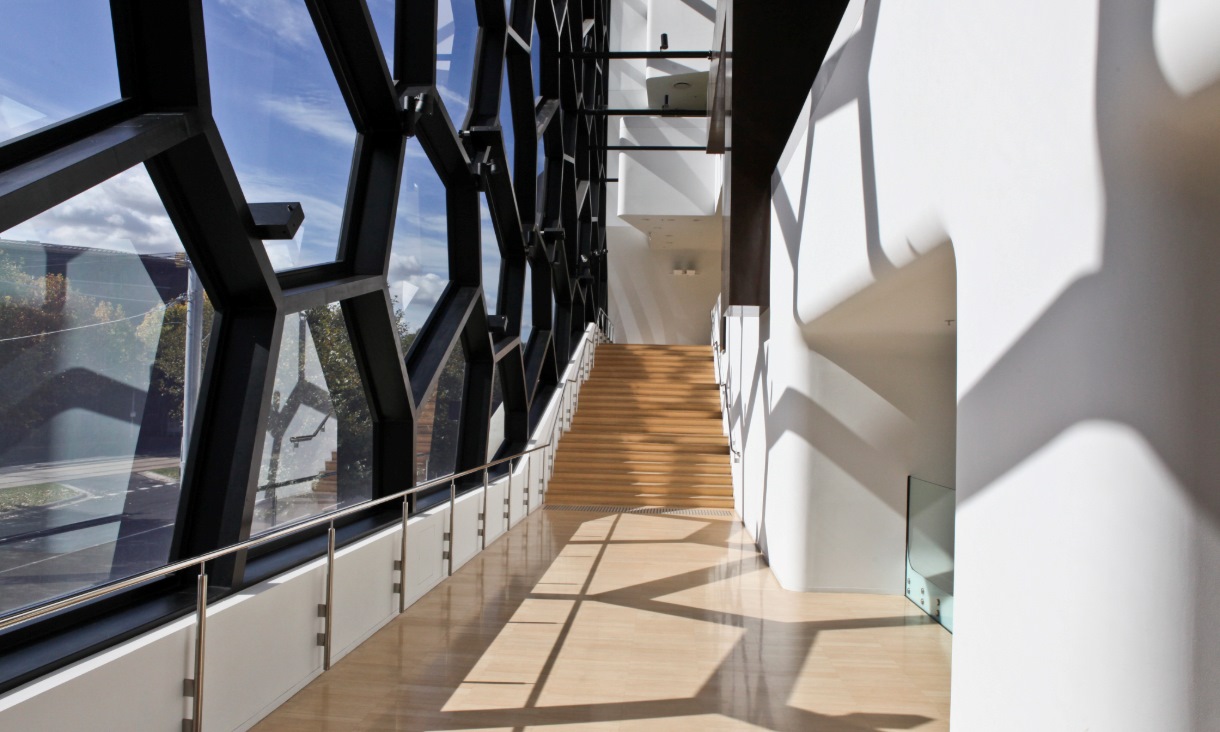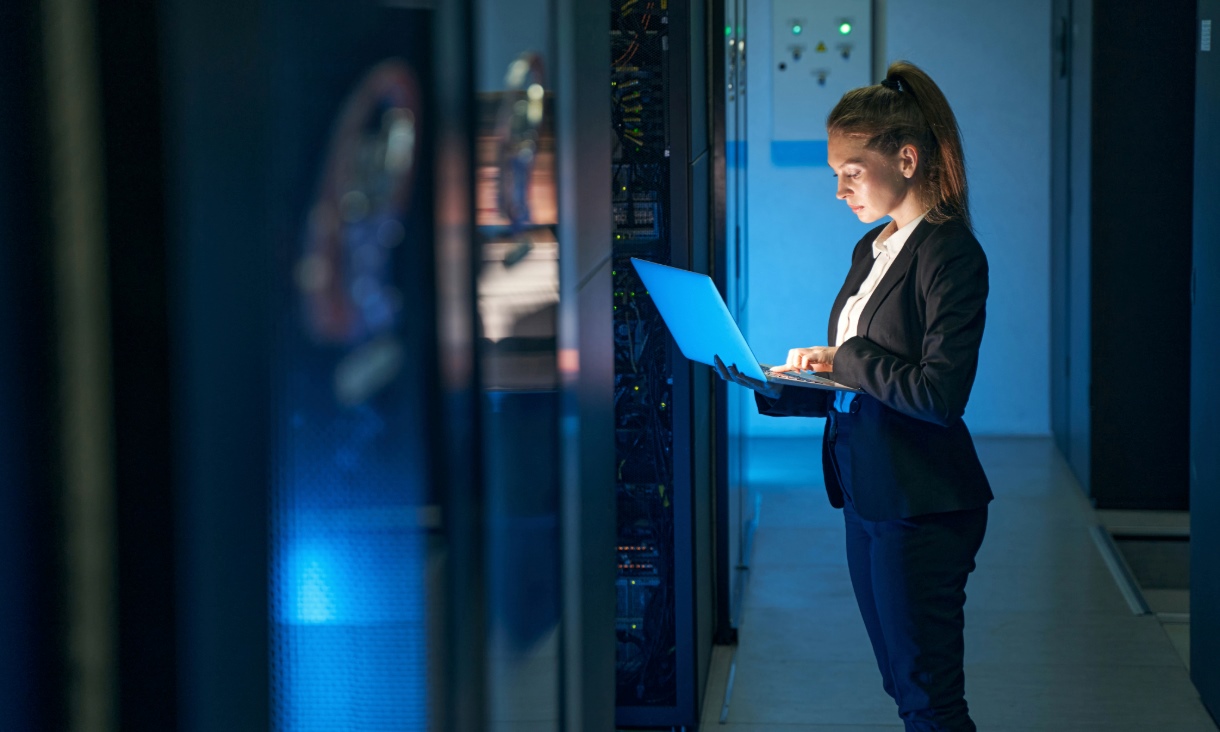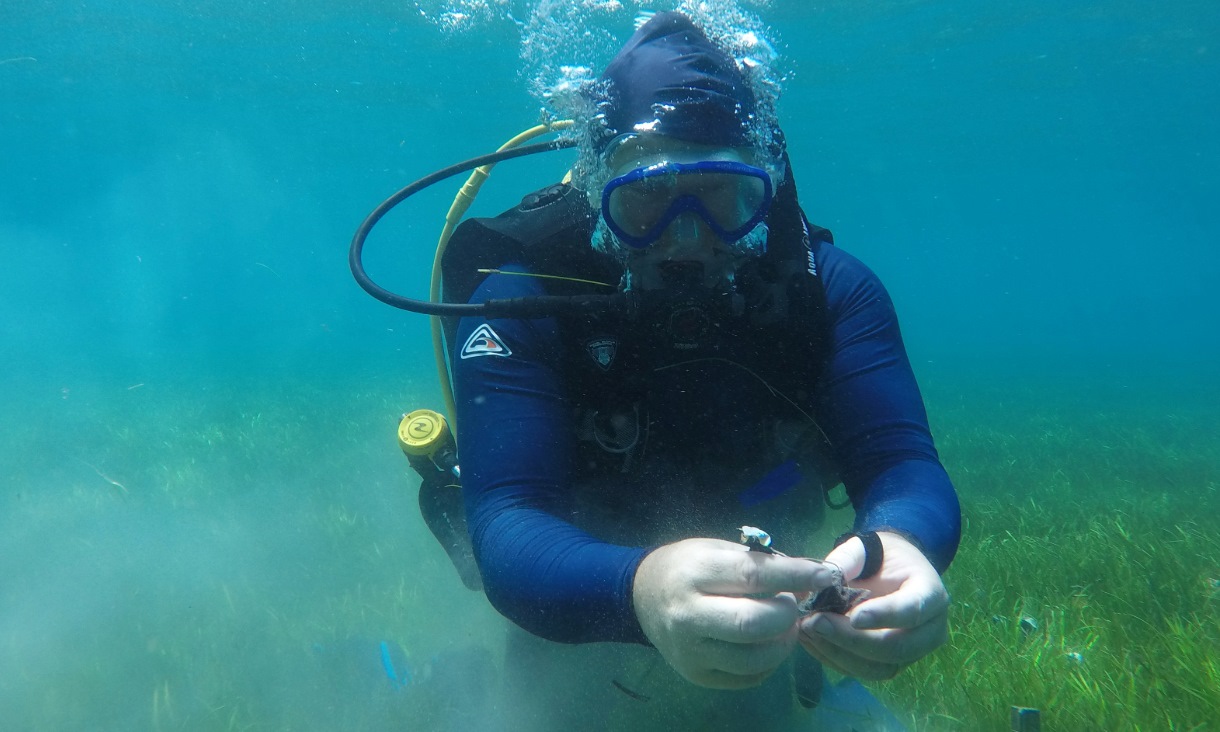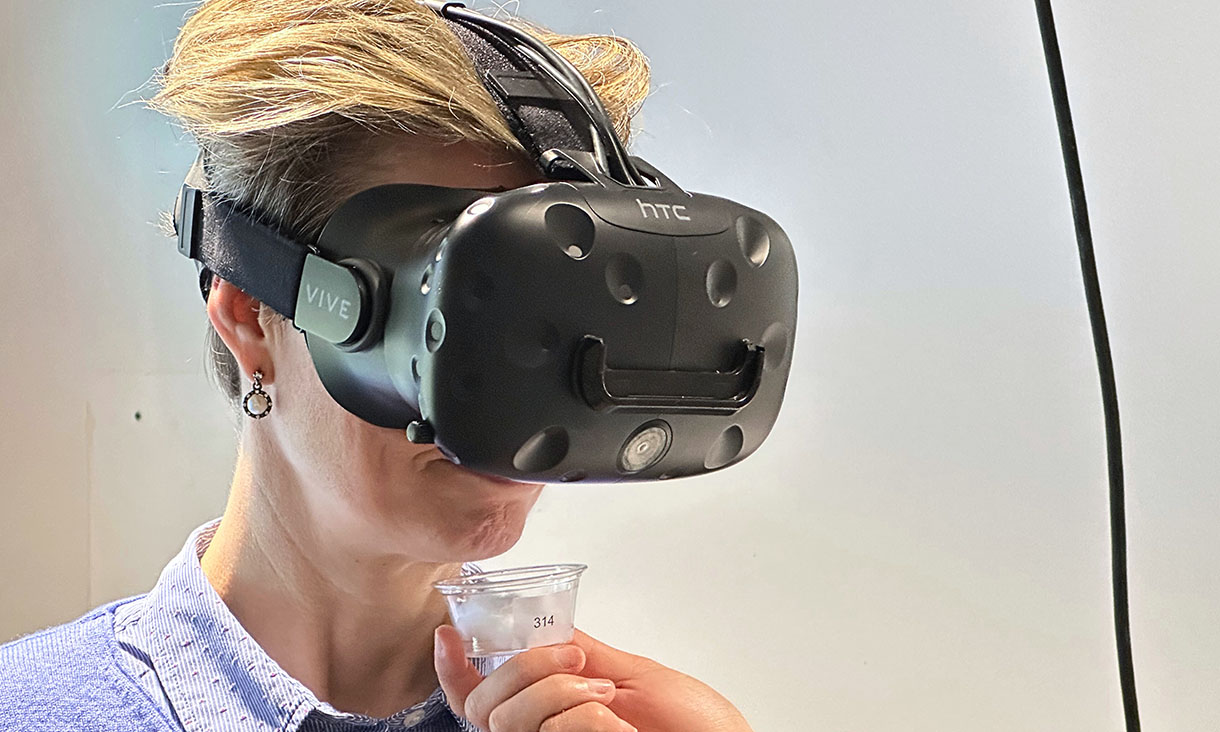Dr Meg Elkins (0410 323 057 or meg.elkins@rmit.edu.au)
Topics: behavioural economics, cultural economics, public policy evaluation, wellbeing and poverty
"Whether or not Melbourne crowds return to AFL depends on our capacity to break the ingrained ‘stay-in’ behaviours formed in lockdown.
“Cultural and sports participation is strongly linked to higher levels of subjective wellbeing.
“The hangover from COVID means that we are avoiding the group behaviours that previously make us feel connected and happy.
"Sports viewing is usually better on television but we attend sporting events to enjoy the experience of the crowd.
“If cumbersome protocols such as checking in with QR codes, social distancing and mask wearing diminish that experience we might just avoid the inconvenience all together and stay on the couch.
"The difficulty associated with navigating public transport and booking-in for pre and post games catch up may reduce our willingness to engage with the full AFL experience.
“Melburnians will need social proof that returning to sporting events will be a better experience than watching from our lounge rooms.”
Dr Meg Elkins is a Senior Lecturer in the School of Economics, Finance and Marketing at RMIT University and the Behavioural Business Lab. Her research interests include cultural and development economics, wellbeing and public policy evaluation.
Associate Professor Con Stavros (0411 231 371, (03) 9925 5531, or con.stavros@rmit.edu.au)
Topics: AFL memberships, sport marketing, the return of sport, Australian sporting landscape
“2021 will be an important transition year back to normal and sporting bodies will need to make entertainment their primary focus. They can't just expect fans to return, they need to give them a reason to re-engage.
"Reports indicated that very few people wanted a refund on their membership in 2020, despite not being able to attend games.
"AFL memberships are sold as an emotional attachment, but there's a limit and 2021 will really test that.
"Sport is ritualistic – it brings people together, whether that's in front of a screen or a stadium, and that's critical."
“It also brings a critical rhythm to the week and when you tinker with it, it's dangerous because it removes routine and comfort, including entrenched behaviours that go back decades.
“Suddenly, without the normal rhythm and pattern of sport, people start to engage in other forms of entertainment, like video games or Netflix.
"The leagues with the biggest challenges are potentially those around the A-League, rugby union, netball and basketball.
“While the AFL and NRL dominate the media landscape, other competitions must battle for their share of what is an increasingly crowded marketplace.
"There's so much saturation in the Australian sporting market, let alone international events we also keenly follow. It's hard enough to thrive in the best of times, let alone COVID times.”
Associate Professor Con Stavros is a leading expert in the marketing of, and through, sport. He is a regular media commentator, has published numerous books and articles on sport and is the editor of the international journal 'Sport, Business & Management'.
Liam Davies (0404 207 633 or liam.davies@rmit.edu.au )
Topics: Public transport, commuting, AFL, community
“Bringing fans back to the footy reflects how Melburnians have collectively stopped community transmission of COVID-19.
“However, there are still some physical distancing challenges with so many people going to the ground and home again safely.
“There is simply not enough parking for everyone to drive, meaning most will be reliant on public transport.
"For recent sporting and public events, the State Government has run more trains and trams to make physical distancing possible and should continue to do so – but fans also have a role to play.
“As a precaution, the usual throngs of people at railway stations and tram stops should be avoided.
“For fans who can walk or ride, taking that option will provide more space on public transport for those who live further away.
“On top of wearing masks, fans who do use public transport should consider getting to the game earlier and leaving later.
“You could go for a walk or have a kick of the footy in one of Melbourne’s many wonderful parks before or after the game or grab a bite to eat with friends.
“Spacing out our public transport travel will give everyone the space they need to travel safely, while enjoying the footy, our city and helping out some small businesses at the same time.”
Liam Davies is a PhD Candidate at the RMIT Centre for Urban Research. He is currently researching affordable housing in Victoria and is a senior transport analyst at the Institute for Sensible Transport.
***
For media enquiries, please contact RMIT Communications: 0439 704 077 or news@rmit.edu.au
